Stop Killer Robots is led by our Steering Committee of NGOs drawn from its membership. The Steering Committee is the campaign’s principal leadership and decision-making body. It is comprised of three international NGOs, a regional NGO network, and six national NGOs that work internationally.
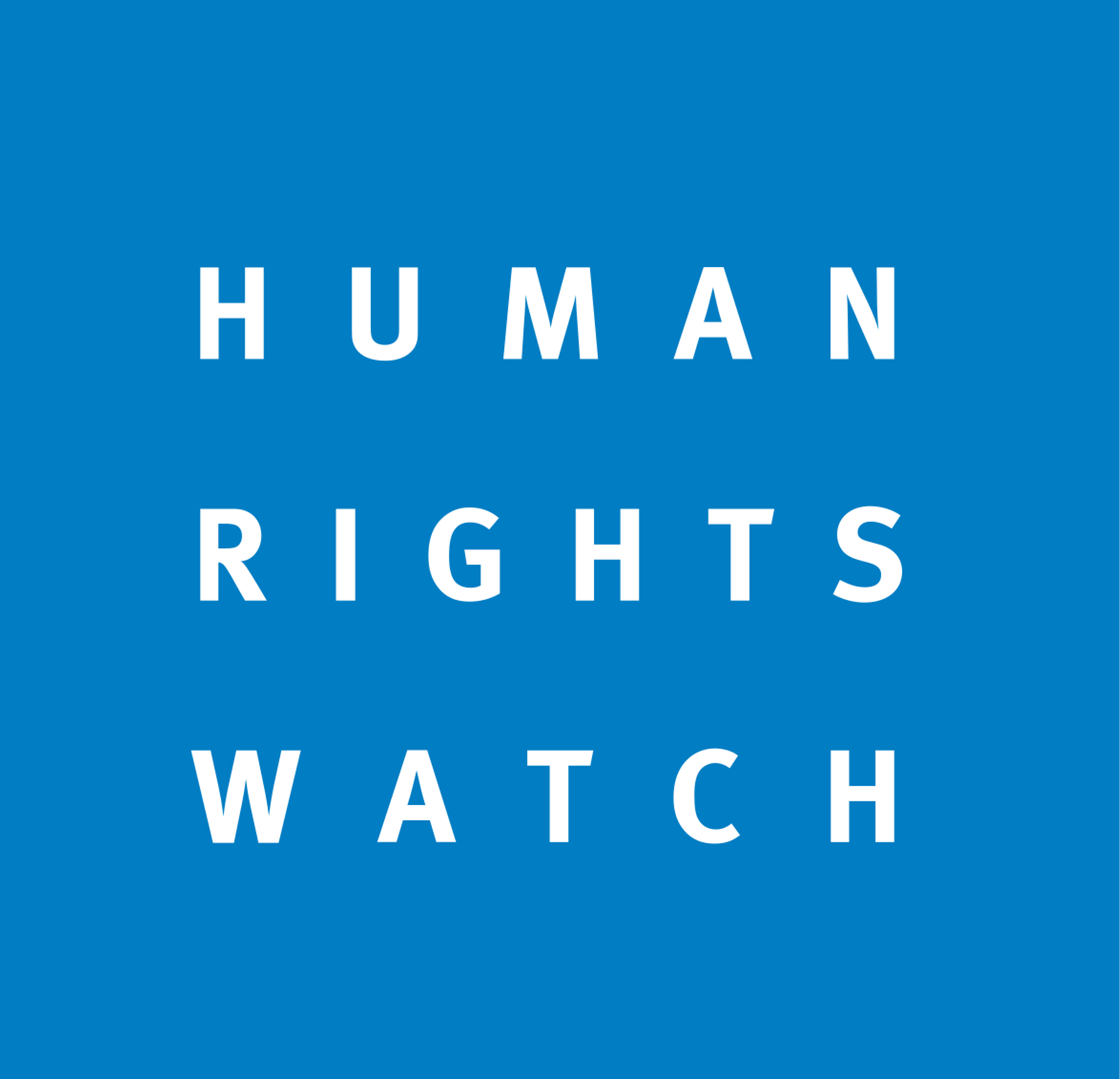
Human Rights Watch
Human Rights Watch
Human Rights Watch coordinated Stop Killer Robots from 2012 – 2021. For more than two decades, Human Rights Watch has been instrumental in enhancing protections for civilians affected by conflict. It chairs the International Campaign to Ban Landmines that led to the 1997 Mine Ban Treaty and the Cluster Munition Coalition, which spurred the 2008 Convention on Cluster Munitions. Human Rights Watch helped to pre-emptively ban blinding laser weapons in 1995.
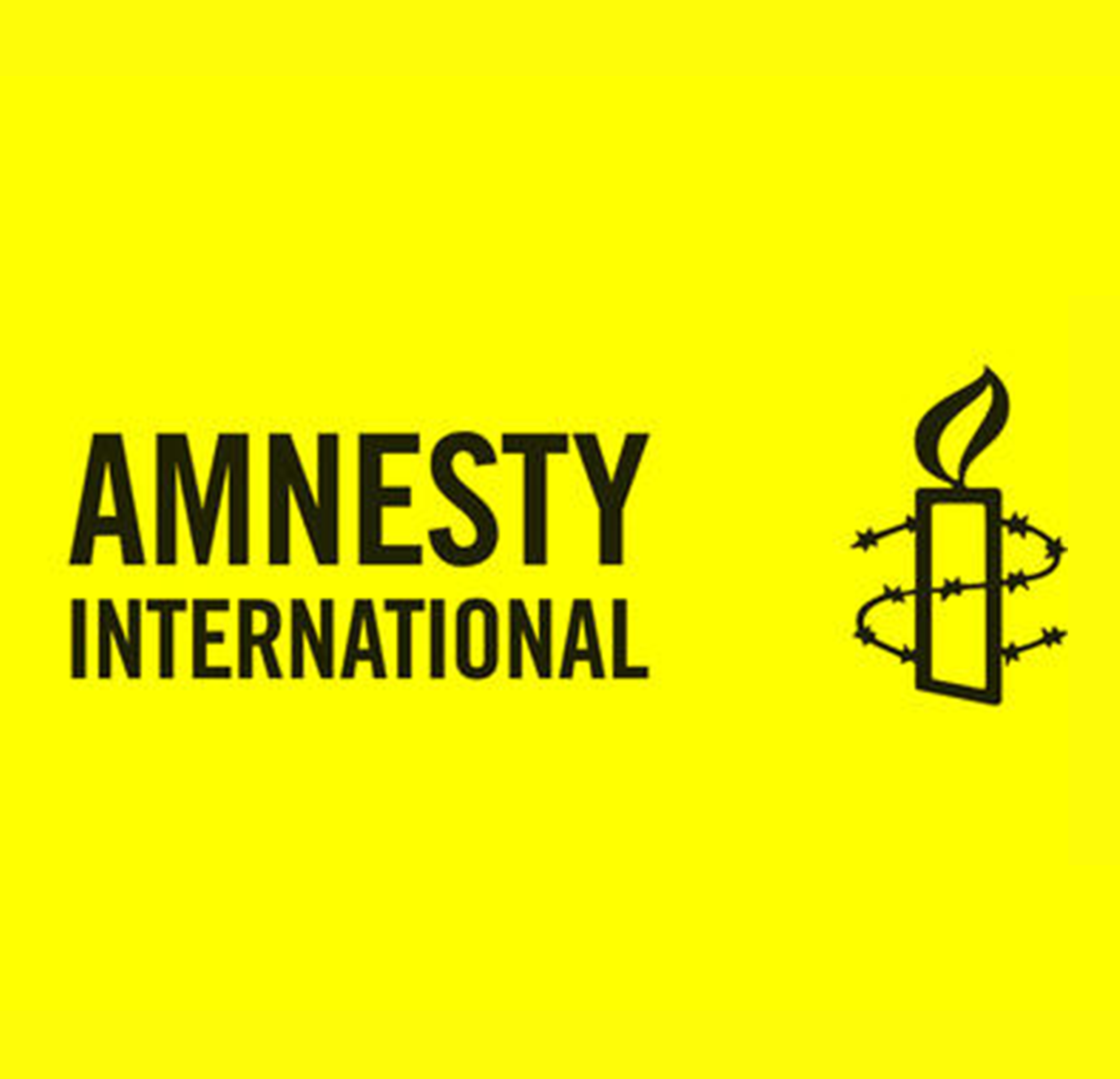
Amnesty International
Amnesty International
Amnesty International is a global movement of more than 7 million people in over 150 countries and territories who, through detailed research and determined campaigning, help fight abuses of human rights worldwide. Amnesty International together with partner NGOs convinced states to create and adopt the 2013 Arms Trade Treaty. Its work to address the risks posed by fully autonomous weapons systems and other concerns raised by artificial intelligence is carried out by the International Secretariat’s team on Arms Control, Security Trade and Human Rights and Amnesty Tech, along with national Sections.

Article 36
Article 36
Article 36 is a specialist non-profit organisation focused on reducing harm from weapons. The small and effective team of advocacy and policy experts based in the UK, with staff in Geneva, Switzerland, take its name from article 36 of the 1977 Additional Protocol I to the Geneva Conventions, which calls for scrutiny of new weapons and methods of warfare. Together with civil society partners and governments, we develop new policies and legal standards to prevent civilian harm from existing and emerging weapons. This is underpinned by our rigorous, transparent and independent analysis of how weapons harm civilians, and how to reduce and prevent such harm
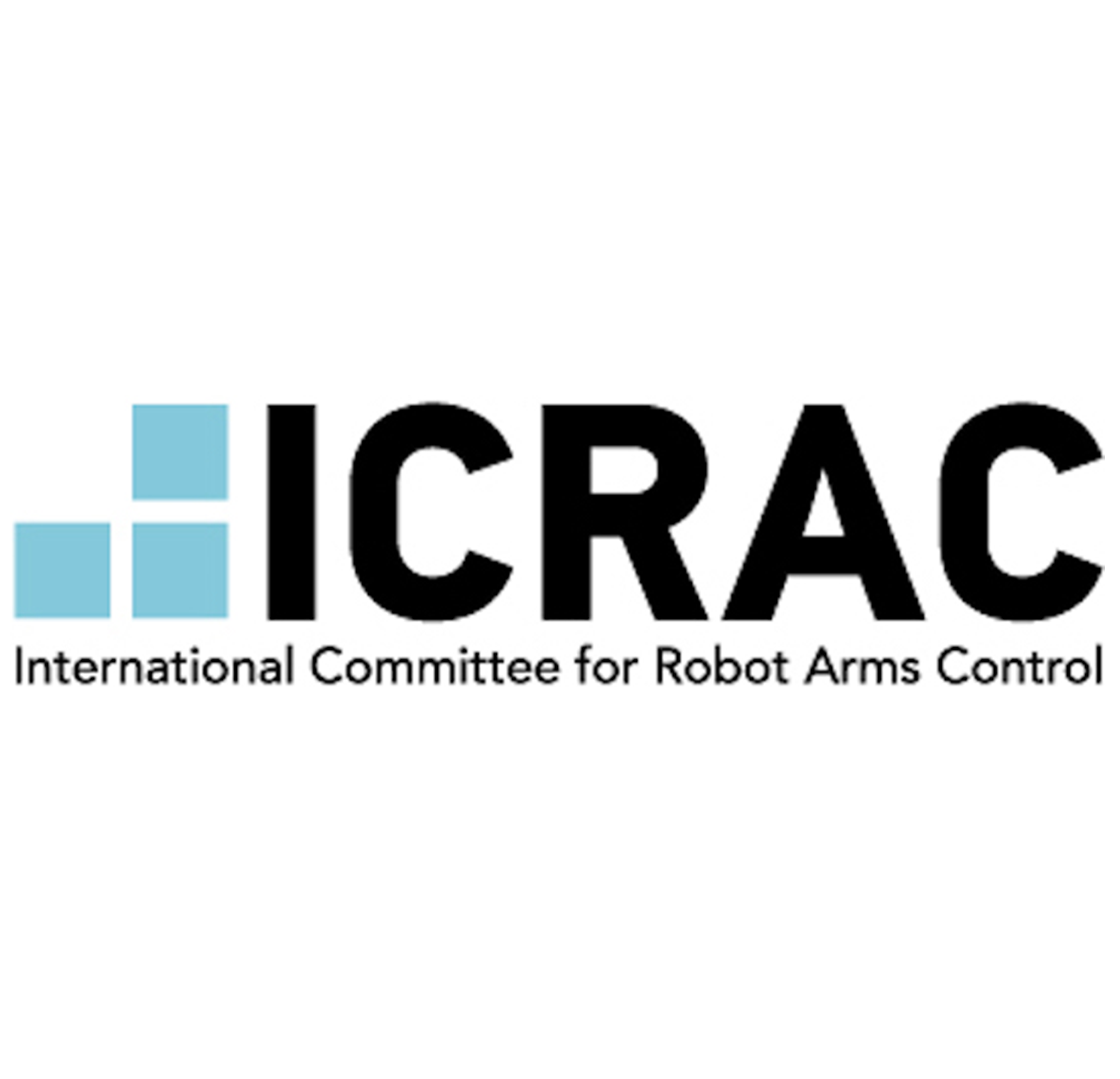
International Committee for Robot Arms Control
International Committee for Robot Arms Control
The International Committee for Robot Arms Control (ICRAC) is a not-for-profit organization comprised of scientists, ethicists, lawyers, roboticists, and other technical experts. It works to ban lethal autonomous weapons systems and is concerned by the rapid pace of development of military robots and the pressing dangers their use poses to peace, international security, the rule of law, and civilians.

Mines Action Canada
Mines Action Canada
Mines Action Canada (MAC) is an international leader working to eliminate the serious humanitarian, environmental, and developmental consequences of indiscriminate weapons. Founded in 1994, it is the Canadian partner of the International Campaign to Ban Landmines and Cluster Munition Coalition.
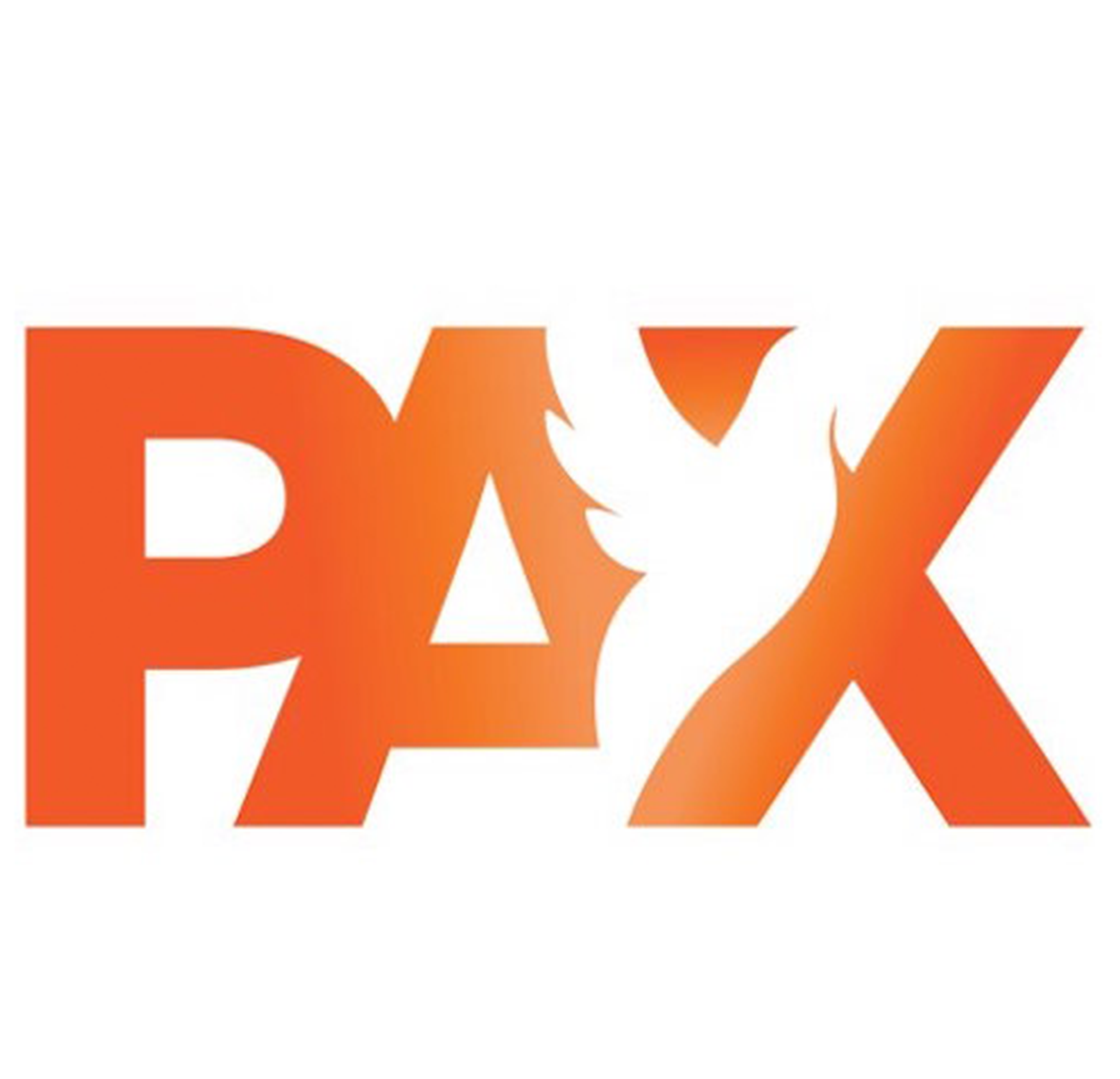
PAX
PAX
PAX is a peace organization based in the Netherlands that works with local partners in conflict areas to seek political solutions to crises and armed conflicts. PAX also works on disarmament to prevent the unacceptable humanitarian harm caused by certain weapons. It focuses on the whole chain of armed conflict from the development of new weapons, the investments in the producers, the arms trade, to the use of these weapons in armed conflict. PAX is a co-founder and board member of various international humanitarian disarmament coalitions.
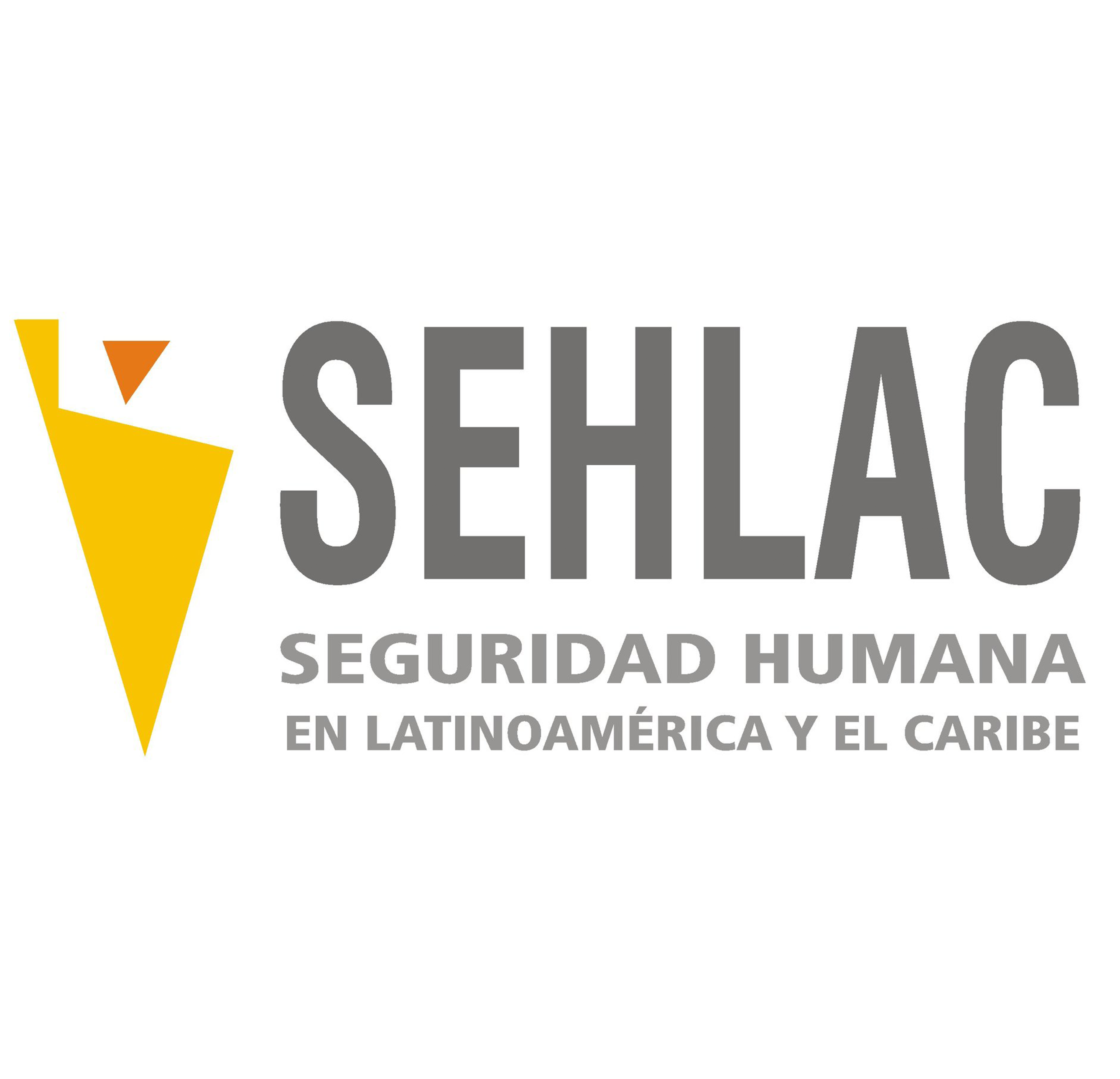
Seguridad Humana en Latinoamerica y el Caribe (SEHLAC)
Seguridad Humana en Latinoamerica y el Caribe (SEHLAC)
Seguridad Humana en Latinoamerica y el Caribe (SEHLAC) is a regional human security network created in 2008 to coordinate NGO actions to address armed violence and humanitarian issues affecting Latin America and the Caribbean. SEHLAC’s Steering Committee representative is the Campaña Colombiana Contra Minas.
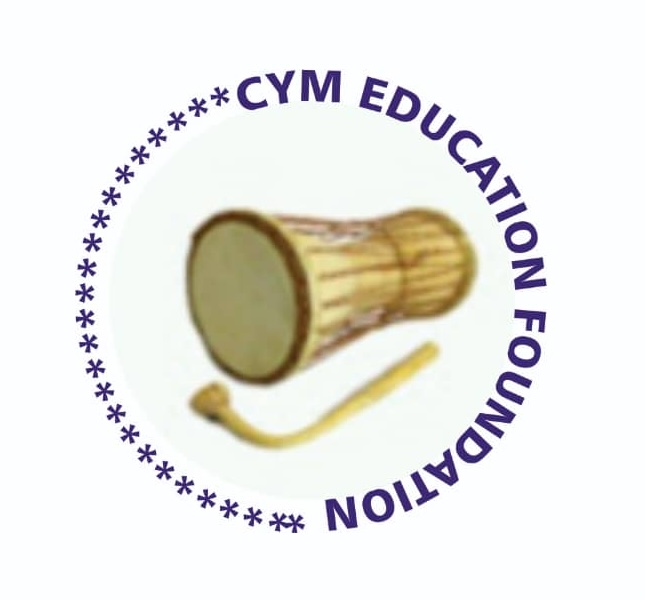
Cultural Youth Movement Education Foundation (CYMEF)
Cultural Youth Movement Education Foundation (CYMEF)
Cultural Youth Movement Education Foundation (CYMEF) with Registration Number is a non-governmental youth focused organisation established in 2013 with membership and presence in nearly 90 Universities, Polytechnics and Colleges of Education in Nigeria. It identifies and addresses the root causes of the ongoing violent conflicts and ethno-religious crises in Nigeria and around Africa while mobilizing young people to contribute to peace, security, climate change, human right and human dignity, gender justice, and disarmament.

Protection
Protection
Protection against Armaments and Their Consequences is an NGO based in Egypt and France with humanitarian disarmament expertise. Protection joined the International Campaign to Ban Landmines in 1998 and co-founded the Cluster Munition Convention in 2003.
A Terms of Reference is also available on request, detailing the committee’s selection process, mandate, decision-making, meetings and communication, and expected commitments.



